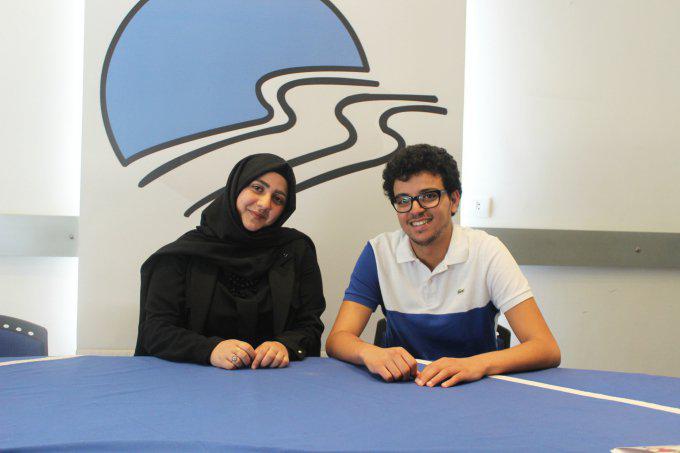
They have voices, but are they being heard?
This is the question that represents the essence of Save the Children’s Child Rights Governance programme, to translate children’s words into demands, their rights into duties and whims into realities.
With a clear mission to change the way child rights are perceived, Save the Children Lebanon partnered with two local NGOs- Mouvement Social (The Social Movement) and Nabaa (Water Spring)- to enable children to speak up about anything that occupies their minds.
And who would listen to them? Children and youths themselves.
A group of 200 researchers learned why child rights matter to them. They read the 54 articles of the UN Convention of the Rights of the Child, studied the local municipal laws, received adequate training and set out to discover the hidden, unspoken anxieties that cut across their generation.
‘’We should invest more in the capacities of these motivated children,’’ said Rana Kharrat, Child Rights Governance Specialist at Save the Children Lebanon. ‘’And give them the space to transfer those skills to other children and youth so they learn from their experience and share common actions towards changing the current situation.’’
Gilbert and Nathalie were two of the youths who worked with Mouvement Social on a research to identify children’s demands in two areas in Beirut and Sidon, South Lebanon, before taking those demands to authorities that have the power to change and duty to deliver.
‘’[Through this project] we found that children don’t have child-friendly spaces to play,’’ explained Gilbert, 22.
‘’There was a park but not suitable for kids- even dangerous because it was well equipped. We tried to work on that and have the park replenished to suit them.’’
Safe spaces for children was one in a raft of needs identified in the three-year research, with security and safety also found to be among the top priorities.
The list of concerns was taken to the roundtable of local municipal councils. Children made the case for their rights and called for an action to be taken.
‘’We wanted something tangible and sustainable,’’ said 18-year-old Nathalie. ‘’We told the municipality that we needed a dedicated security hotline so people can call whenever they are at risk. We also asked for an increase in the number of security personnel, and had that implemented.
‘’Municipalities acknowledged the demands and wanted to work on them. We are seeing more police and security presence in the area. There are new activities for kids and there is also a library for students in the area now.’’
The change that those children were able to bring about has had an impact on their own mentalities as much as on their societies. The project has opened their eyes on things they never realised before, and persuaded them that children should be their own advocates.
‘’Personally, I felt that I am stronger when I need to demand my rights,’’ said Taghrid*, 15, one of Nabaa’s team of researchers.
‘’I used to think that there would be no one to help me, but now I can speak up and have the courage to demand for my rights.
‘’I feel that I can overcome any difficulty, nothing can stop me. I want to achieve my goals and ignore the idea that there is something difficult.’’
Taghrid now wants to be a lawyer, having realised that standing up for the right is a stance worth taking. She indirectly refers to Article 3 of the convention, which states that ‘’the best interests of the child shall be a primary consideration.’’
The interests of children are the dynamic that guides Save the Children’s strategies and programmes. The ultimate goal is to let the world hear what the makers of the future really want.
‘’I believe those children are now ready to conduct evidence-based advocacy,’’ stressed Kharrat. ‘’To speak up when rights violations occur and eventually lead on the change in society.’’
Source: Save the children
 FR
FR EN
EN AR
AR








